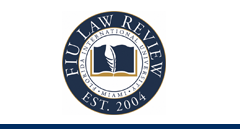Alternate Title
Taxing Choices
Keywords
Tax, tax policy, taxation, autonomy, contract theory, duress, medical care law and society, choice, unconscionability, voluntariness, bias, income, childcare, commuting
Abstract
Tax has a choice problem. At all stages of the making of tax, choice plays a role. Lawmakers consider how tax will impact the range and appeal of choices available to an individual. Scholars critique how tax may drive an individual toward or away from a given choice. Courts craft stories of how an individual had either free or deeply constrained choice, using their perception of the facts to guide their interpretation of tax law. And yet for all the seeming relevance of choice to tax, we have no clear definition of what we mean when we talk about choice or whether and when it matters. Drawing upon the insights of contract theory on duress and unconscionability, this Article offers a taxonomy of choice in tax. It then applies the taxonomy to perennial debates in tax to reveal what we are actually talking about when we talk about choice in tax and the ways in which our reliance upon often vague and inconsistent ideas of choice opens the door to bias, perpetuates inequality, and leads tax to be in tension with some of its deep commitments.
Recommended Citation
Tessa R. Davis, Taxing Choices, 16 FIU L. Rev. 327 (2022), https://doi.org/10.25148/lawrev.16.2.8.
Included in
Contracts Commons, Law and Society Commons, Medical Jurisprudence Commons, Taxation-Federal Commons, Tax Law Commons





